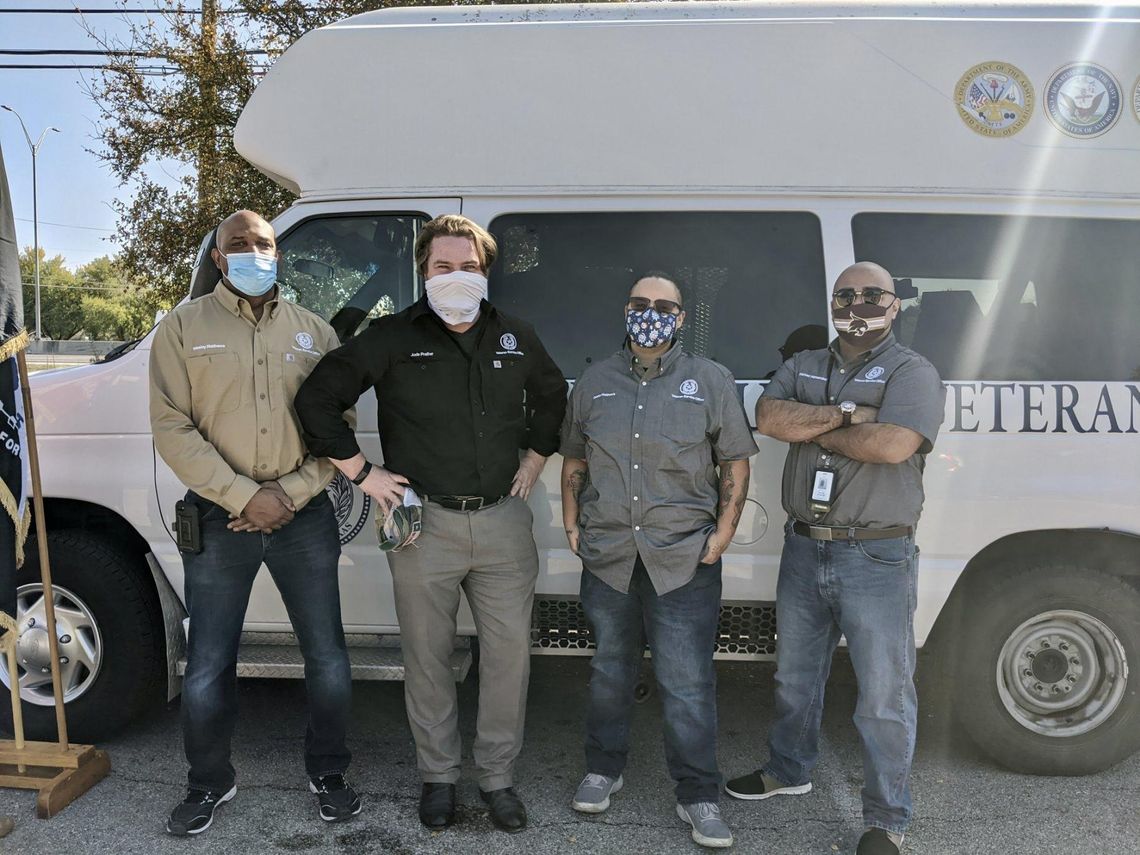Jude Prather tells the story of the World War II Navy veteran who was rapidly losing his hearing.
The folks at the Hays County Veteran Services Office traced his hearing loss to service on a destroyer and its booming big guns. They combed 75-year-old records, completed form after form and argued their case before the judges at the Veteran’s Administration.
In the end, the aging sailor got the medical treatment and disability payments he was entitled to. Prather and his staff got the satisfaction of helping one more veteran.
PLEASE LOG IN FOR PREMIUM CONTENT. Our website requires visitors to log in to view the best local news.
Not yet a subscriber? Subscribe today!







